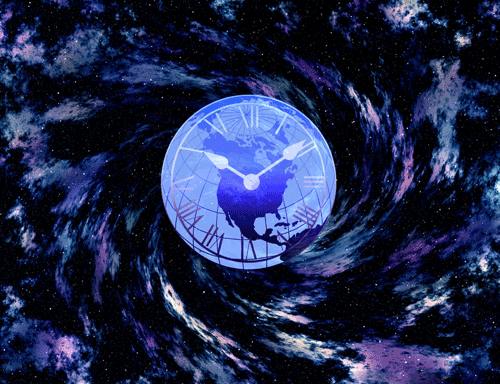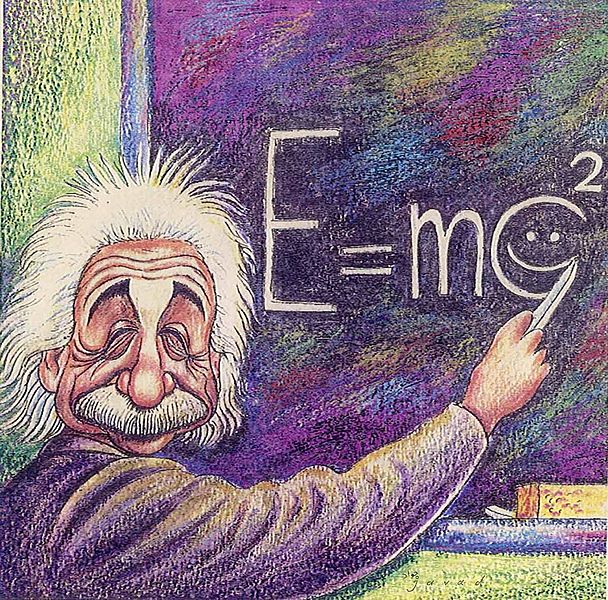
[iframe id=”//www.youtube.com/embed/JWncwRTMKkI”]
Check your watch. What time is it? But wait, you’ve actually been moving and accelerating, and according to Einstein, everything’s relative. So what time is it really? It all depends…
Flavor Flav knows what time it is. At least he does for Flavor Flav. Even with all his moving and accelerating, with the planet, the solar system, getting on planes, taking elevators, and perhaps even some light jogging. In the immortal words of Kool Moe Dee. Do you know what time it is?
Didn’t Einstein tell us it’s all relative? Does anyone actually know what time it is? I mean, aside from figuratively, or in a political sense, or perhaps as part of rap performance from whence the power is being fought from, requiring the sick skills of a hype man wearing a clock around his neck on a big chain.
So, after all my fancy dancing and longing for a time in rap and hip hop from days gone by, I must present to you “faithful audience member” an answer in the form of your 3 least favorite words I get to deliver.
It all depends…

You have heard that everything is relative, usually we hear it from people who like to talk about “connections on many different levels”, which is just nonsense.
But in physics “everything” is relative in a very particular way. Everything is relative to the speed of light, which is the same in every reference frame. Which is confusing and repeated enough that it can become meaningless.
So I’m going to do my best to explain it. If I shine a flashlight in front of me, I will measure the beam to travel at about 300,000 km/s, which is also known as the speed of light.
And if you are moving at 200,000 km/s faster than me, and shine a flashlight ahead of you, I will see the light from your flashlight moving at the 300,000km/s. It will appear to me, as though the light from your flashlight is moving away from you at 100,000 km/s.
But when you will measure the speed of that light, relative to you, you’d think it’d be moving at 100,000 km/s as well, but instead from your perspective it will ALSO clock in at 300,000 km/s.
The speed of light. How is this even possible? It is possible in part because the rate at which you experience time relative to me changes. For you, time will seem normal, but from my perspective your time will seem slower. We agree on how fast light is moving in kilometers per second, but we disagree how long a second is. We also, by the way, disagree on the length of a meter.
This seems strange because we imagine that space and time are absolute things, and light is something that travels through space. This is our experience. Suggesting things like time and space are malleable values at best is unsettling and at worst will make us nanners from thinking too much about.
Hold on to your tinfoil hats, for it is in fact light that is the absolute, and space and time are relative to it. So what time it is depends upon your vantage point, and so there is no single absolute time.
Finally, because of relativity, each point in the Universe experiences time at a slightly different rate. For example, when we observe the cosmic microwave background, we find that we are moving at a speed of about 630 km/s relative to the background. That means we experience time a bit more slowly that something at rest relative to the cosmic background.
It’s just a tiny bit slower, but added over the entire age of the Universe, our cosmic clock is 30,000 years behind the times. Feel free to set your watch. But don’t get too precise about it. Your time could be off by tens of thousands of years.
What about you? What’s your favorite way to explain special relativity to someone? Tell us in the comments below.
The article originally appeared on Universe Today. It was written by Fraser Cain and is republished with permission.